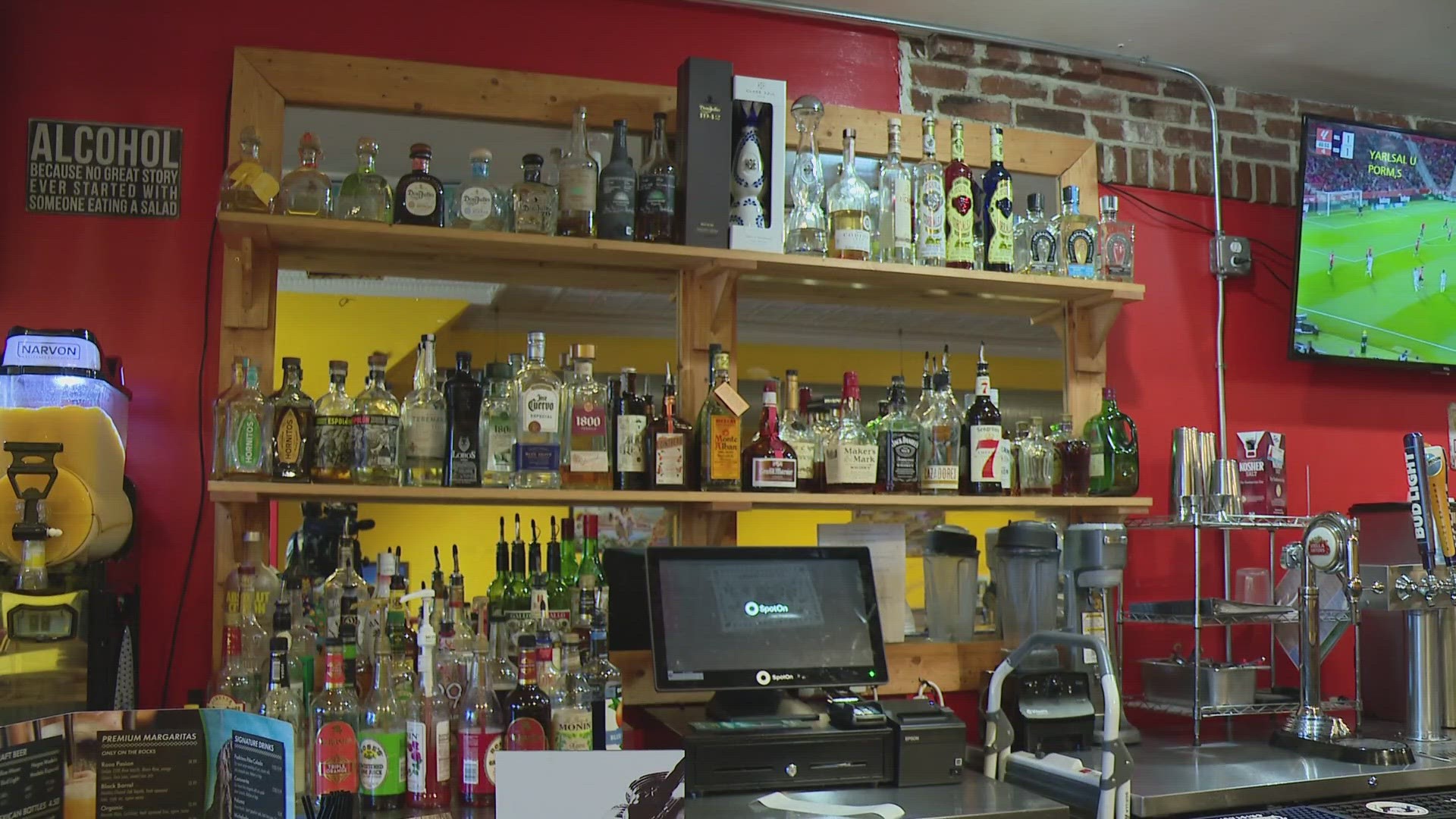ST. LOUIS — Tuesday afternoon, St. Louis residents and restauranteurs got another chance to speak with the Board of Aldermen on a highly contested bill that would change part of the city’s liquor license process.
St. Louis Board Bill 60 would allow businesses applying for a "restaurant and bar" liquor license to opt out of petitioning the neighborhood that’s within a 350-foot radius of where they plan to open.
Joe Kelly and his firm specialize in liquor license applications and know how tough it can be to get one with the current petition process.
“We find that businesses, if they do their homework, they contact their neighborhood association, they contact their alderperson before they move forward on a project it is very helpful," Kelly said. "But again, the petition process is a cumbersome process."
If this bill becomes law, restaurants can apply for a 90-day temporary license after a series of hearings, and at the end of that period, the city’s excise commissioner would have the option to renew it for another 90 days.
Once 180 days have passed, the commissioner would examine the business's records to make sure the restaurant is making more than 50% of its money on food sales. There was a proposed amendment to increase it to 60% in front of the Special Committee on Reducing Red Tape on Tuesday, but it didn’t pass.
Restauranteur Ben Poremba said while he is in favor of speeding up the process, it’s already hard to reach certain thresholds.
“We're experiencing a serious rise in food cost, and there is a limit to the public perception of what we can charge for our food. And so the margins for us are with liquor. It's just the reality of running restaurants post-pandemic,” Poremba said.
The committee also considered several other amendments that didn’t pass, but there was an agreement among alderpersons to come up with stronger definitions for certain areas of the bill.
An alliance of neighborhood associations was against doing away with the petition process initially but have come to terms with it after compromises including a requirement that restaurants applying this way be a maximum of 4,000 square feet and not allowing nightclubs and bars to go this route.
James Dwyer with the Central West End Neighborhood Association said one of their big issues is with loud music.
“So if a club or an establishment of any sort is playing music loudly and late, that's an issue," Dwyer said. "So if we have the ability to influence whether they can do business initially or in the long run, then we have a stronger foundation for a conversation and we have a better ability to address whatever the concerns are."
The bill would also require restaurants to stop selling alcohol at midnight, food must be available at all times alcohol is served, and the business must have an annual gross income of at least $200,000 in food sales.
Poremba said for comparison, it only took three weeks for him to get a liquor license for his restaurant in St. Louis County, but for one in the city, took nine months under current law.
Dwyer said the neighborhood associations don’t want it to take this long either and feel no matter what happens there needs to be some changes.
“The big picture here, I think, has to do not with legislation, but with the administration of the Excise Commissioner's Office," Dwyer said. "I think the applicants who have complained about how long it takes to get a liquor license have a legitimate complaint. It shouldn't take nine months or six months to get a liquor license. It should be streamlined, and there should be some reasonable window between the filing of an application and the decision of whether to grant a license."
The bill did pass out of committee Tuesday and will now go in front of the full Board of Aldermen.
To watch 5 On Your Side broadcasts or reports 24/7, 5 On Your Side is always streaming on 5+. Download for free on Roku, Amazon Fire TV or the Apple TV App Store.

